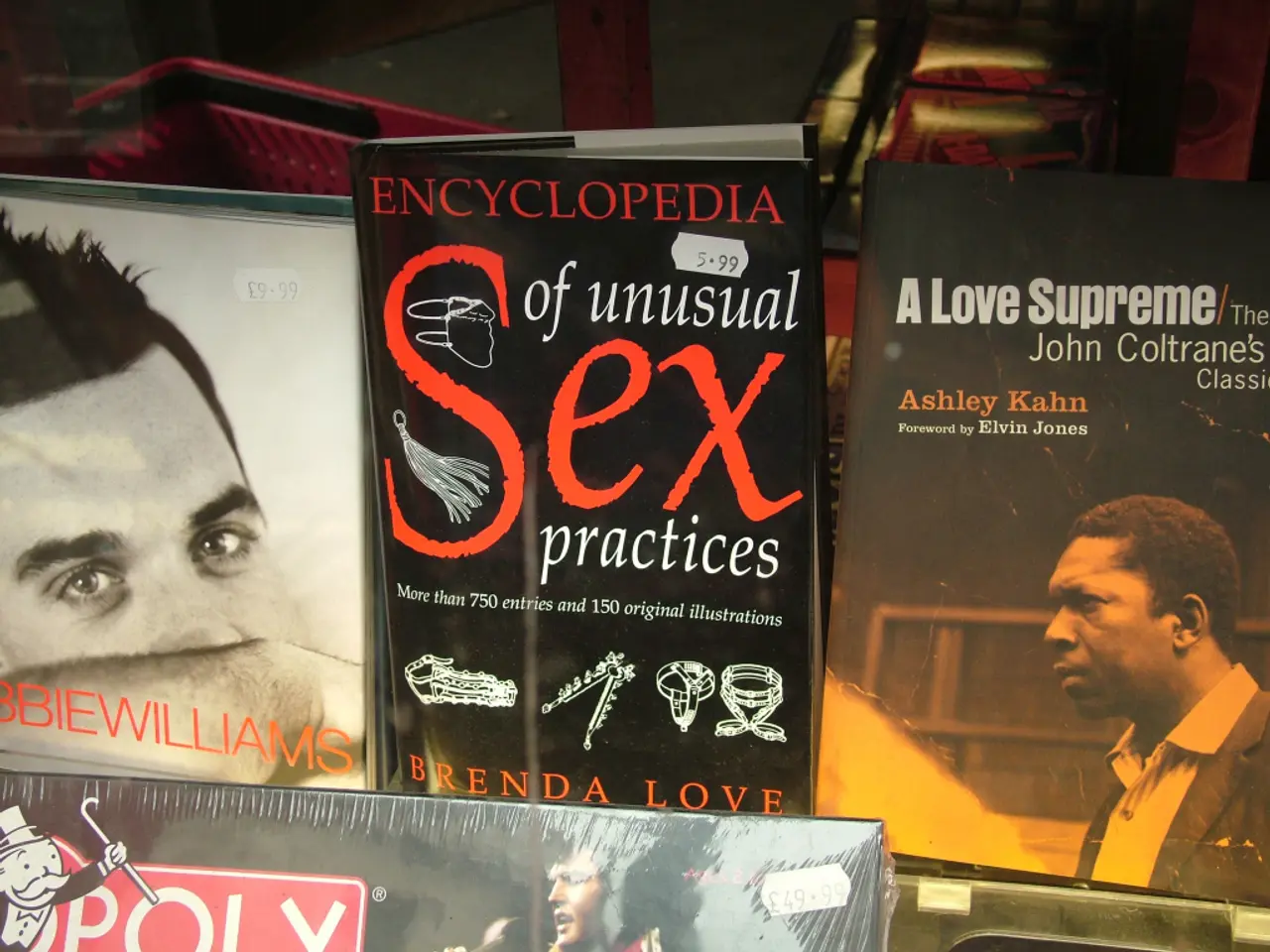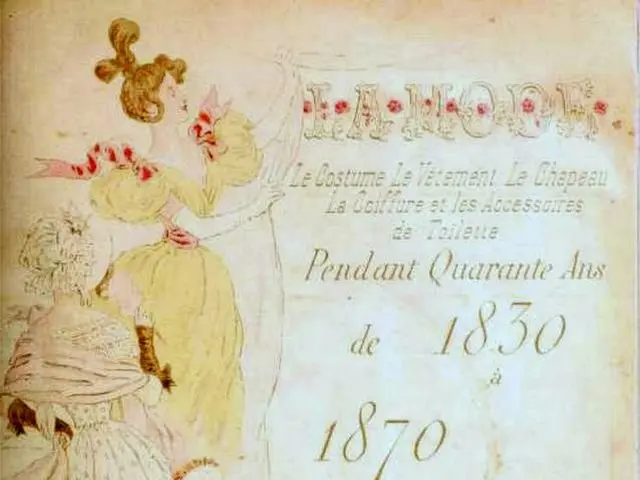Reading Materials
In the realm of literature and history, there are numerous resources available for book enthusiasts, collectors, and scholars alike. Here is a curated list of some of the most noteworthy institutions and online platforms that cater to various aspects of the written word.
The Northeast Document Conservation Center, established in 1973, is a pioneering organisation founded by American visionaries to address the growing issue of paper deterioration facing collection-holding institutions. Their work continues to be instrumental in preserving the historical and cultural significance of books and documents.
For those interested in beginning or maintaining a book collection, Alibris offers valuable advice in their guide to book collecting in the 21st century. Similarly, D.J. McAdam provides insightful advice on book condition, value, and caring for books through his book, "Book Collecting."
The Archives Library Information Center houses ProQuest Research Library, a comprehensive collection of journal articles, including reviews. Additionally, the University of Pennsylvania Library provides a selective bibliography of sources for reviews of works in the social sciences and humanities. The Prize-Winning Books On-Line site, hosted by the University of Pennsylvania, offers complete texts of many books that have won major awards.
The Library of Congress's Books: Frequently Asked Questions site is a valuable resource for anyone seeking answers about book care and preservation. Meanwhile, Dartmouth College Library Preservation Services has created a comprehensive guide titled "A Simple Book Repair Manual," which discusses guiding principles, tools, and more.
For those interested in the history of the book, the Historical Book Arts Database presents a selection of materials held in the Special Collections Division of the University of Washington Libraries, emphasizing the history of the book and medieval manuscripts. The Centre for the History of the Book at the University of Edinburgh offers descriptions of research projects dealing with topics such as Walter Scott, the Drummond Press, and the impact of information technologies on literature.
The Society for the History of Authorship, Reading & Publishing (SHARP) is a global community for book scholars, offering links to resources on Publishers' Records, Book History Projects, Online Exhibits, and more. The American Bookbinders Museum, the only bookbinding museum in America, offers information about the history of the book as well as online exhibits from the museum's collections.
The Guild of Book Workers is an organisation that aims to broaden public awareness of the hand book arts, stimulate commissions of fine bindings, and stress the need for sound book conservation and restoration. Fore-Edge Paintings in the Lilly Library presents a variety of styles of fore-edge paintings, painted on the edges of the pages of a book in such a way that the painting is only visible when the leaves of the book are open and fanned.
Lastly, the Pulitzer Prizes site includes a list of past winners and finalists by category, as well as current winners and finalists. The Archives Library Information Center also provides access to ALIC's Online Public Access Catalog for searching print resources, and "America: History and Life" is a resource offering ebooks on all aspects of history, including reviews of works on American history.
These resources serve as a testament to the enduring allure of the written word and the countless ways in which it continues to captivate and inform us. Whether you're a collector, scholar, or simply a lover of books, these institutions and online platforms offer a wealth of knowledge and inspiration for your literary journey.
Read also:
- "Blood tests could potentially enhance the accuracy of malaria diagnoses in research circumstances"
- Must-see eco-friendly exhibitions to check out this summer in London for nature enthusiasts
- AI's environmental footprint unveiled by Mistral's latest sustainability tool, painting a grim picture
- The origins of Hispanic Heritage Month trace back to 1968, initially celebrated as a week-long event, later expanded for a more comprehensive observation.







